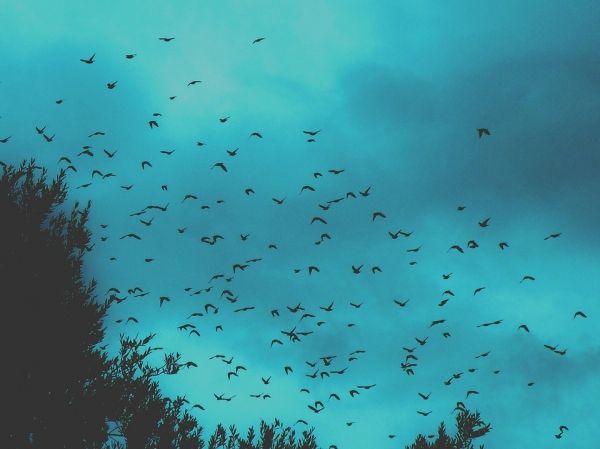Researchers of the University of Groningen and the Max Planck Institute have found that starlings sleep five hours less per night during the summer. Compared to winter, the birds take more mid-day naps and live under higher sleep pressure. During full-moon nights, starlings sleep around two hours less than usual. The findings of the study were published in the journal Current Biology on 19 March.
Sleep regulation in starling birds is highly flexible and sensitive to environmental factors, according to a new pioneering study conducted by researchers of the UG’s Groningen Institute for Evolutionary Life Sciences (GELIFES), the Avian Sleep Group at the Max Planck Institute for Ornithology (Germany) and the Institute of Neuroinformatics, University of Zurich (Switzerland).
Data loggers
In this study, the researchers used miniature electroencephalogram (EEG) data loggers in starlings under semi-natural conditions, meaning the starlings that were housed together in a large outdoor enclosure with natural temperature and light. The results show that the birds displayed strong phenotypical variation in sleep-wake regulation.
Read more at University of Groningen
Photo Credit: makamuki0 via Pixabay


